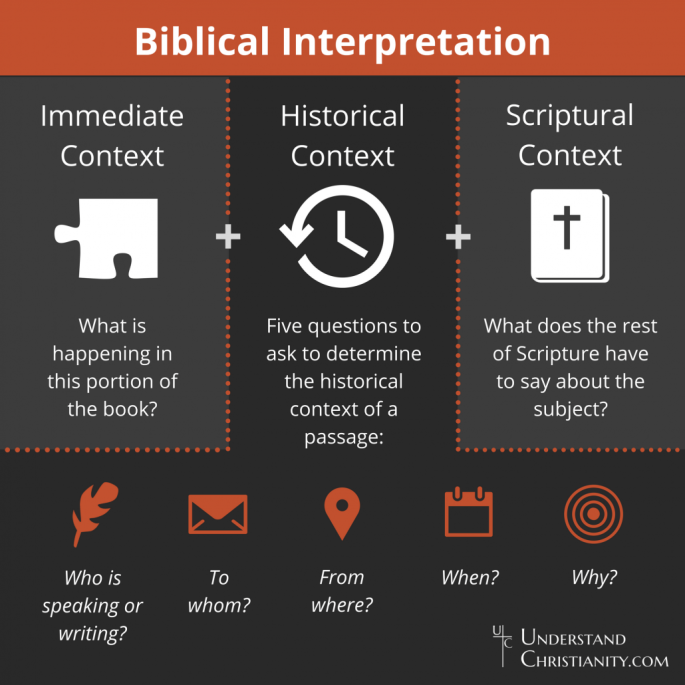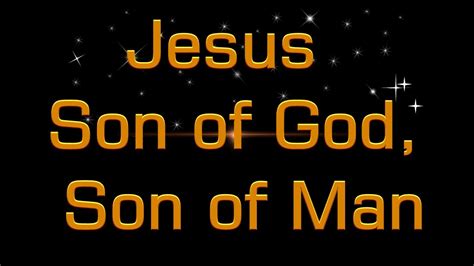The following has been extracted from Edward Fudge's book Hell: A Final Word Blame it on the King James Version if you wish. The dangling fruit was so beautiful and far too close to resist. Imagine that you are a preacher and you have been requested to present a sermon on hell—“for the young folks,” … Continue reading The Rich Man and Lazarus by Edward Fudge
Shaliah – Jewish Law of Agency
John 17:18 NASB You sent Me into the world, I also have sent them into the world. Sent – The Jewish law of agency, known as shaliah, is crucial for understanding the idea of an apostle. In fact, the verb itself, apostéllō, used here to speak of the mission of Yeshua and the mission of … Continue reading Shaliah – Jewish Law of Agency
Defining Elohim in the Biblical Context
by Paul Sumner hebrew-streams.org The word most often used for God in the Hebrew Bible is Elohim. The word is a topic of frequent theological discussion and defining. But what is often lacking is accurate and detailed information based on the biblical contexts in which the word is found. Elohim Section A — Summary of … Continue reading Defining Elohim in the Biblical Context
Why People think the Dead are Alive – Near Death Experiences?
A reason that people believe that the soul or spirit goes on living after a person dies is because of what is referred to as “near death” experiences. In these experiences, people who have clinically “died,” or been close to death, have seen what they report as the afterlife. There are a number of explanations … Continue reading Why People think the Dead are Alive – Near Death Experiences?
The Holy Spirit and Translation Bias: A Smoking Gun of Trinity Mischief
Author:- Sean Finnegan November 5, 2015 Translators have historically held incredible power to influence millions of Bible-readers over the eons. Many impressive developments have occurred in the field of textual criticism and lexicology over the last century. Today we can access dozens of English translations, Greek interlinears, and lexical aids online for free. In no … Continue reading The Holy Spirit and Translation Bias: A Smoking Gun of Trinity Mischief
The Holy Spirit is Missing from Paul’s Introductory statement in his Letters
There is an interesting regular introductory statement from Paul in all of his letters (except Hebrews) which has an obvious omission if your are a Trinitarian and believe that the Holy Spirit is a separate person. Paul writes in the beginning of each letter the statement “Grace to you (and sometimes mercy) and peace from … Continue reading The Holy Spirit is Missing from Paul’s Introductory statement in his Letters
Philosophy & Methodology for Understanding Scripture
By Tim WarnerCopyright © The Pristine Faith Restoration Society The Pristine Faith Restoration Society believes that the foundational philosophies for discovering God's truth of the Catholic, Orthodox, and Protestant Churches are all seriously flawed. We realize that every Christian organization and denomination claims to hold to the original Christian Faith. But, with the extensive variety … Continue reading Philosophy & Methodology for Understanding Scripture
Life, Death and Resurrection in the Pauline Epistles
Acts 24:21 unless it is for this one statement which I cried out, standing among them, 'Concerning the resurrection of the dead I am being judged by you this day.' Many verses in Paul's epistles are often cited to prove he taught that man has an immortal soul which would depart upon the death of … Continue reading Life, Death and Resurrection in the Pauline Epistles
“Melchizedek” is the Son of God
Christian interpreters have long been puzzled by the brief mention of Melchizedek in Genesis 14, his one-sentence mention in Psalm 110:4, and by the interpretation of those two texts by Paul in Hebrews 5&7. Most Christian commentators hold that Melchizedek was just a man and that he merely prefigured Christ, being a type or comparative … Continue reading “Melchizedek” is the Son of God
The “Son of God” in Matthew, Mark and Luke
Trinitarians and Unitarians alike incorrectly associate the title “Son of God” with the Virgin birth. For Trinitarians, “God the Son” became “the Son of God” by means of the incarnation. Unitarians deny the incarnation and preexistence of the Son. The human Jesus was “the Son of God” only in an adopted sense. Both groups must … Continue reading The “Son of God” in Matthew, Mark and Luke









